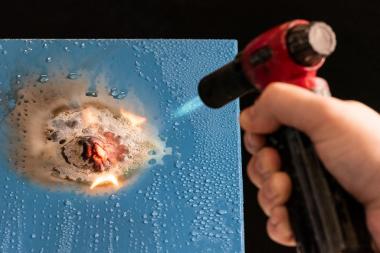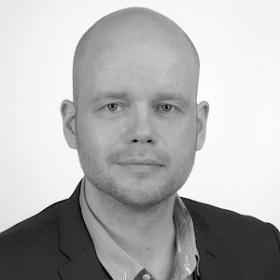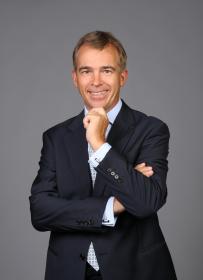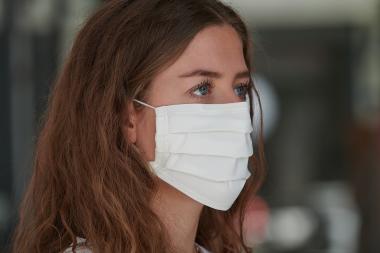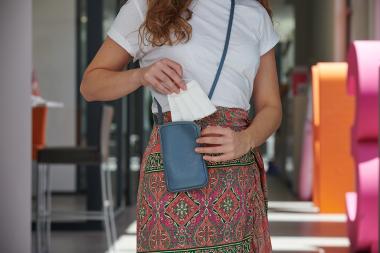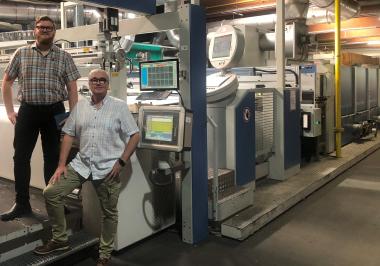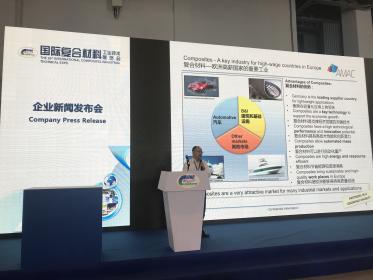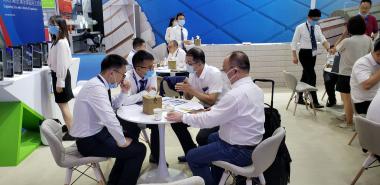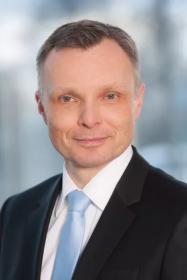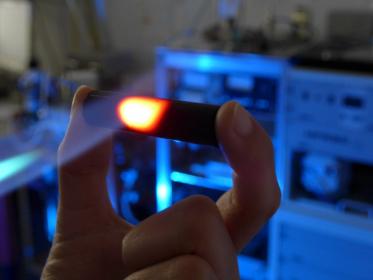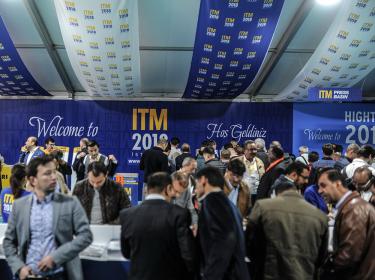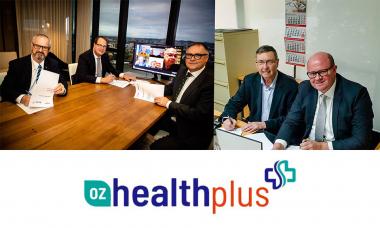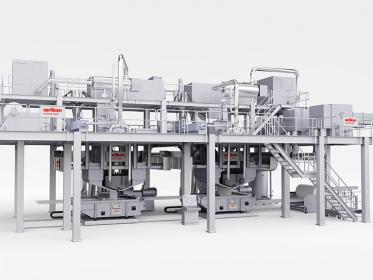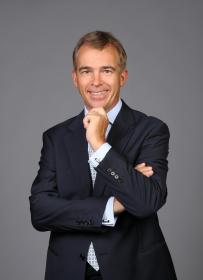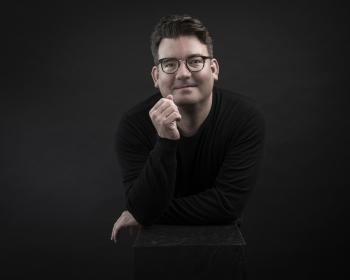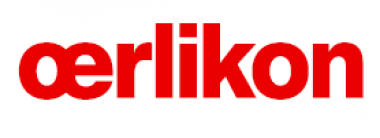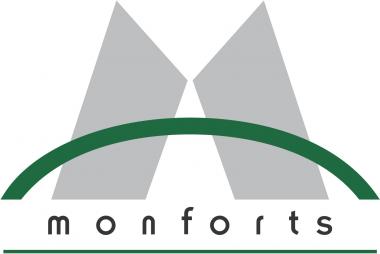Cradle to Cradle principles in the CHT Group
- The CHT Group is constantly expanding its sustainable product range for a circular economy according to the Cradle to Cradle principles
Progress in itself does not necessarily have to be sustainable but in the CHT Group it certainly does. For this reason the company has defined progress more precisely. The developers and chemists from Tübingen show true inventive talent with sustainable innovations.
According to the CHT Group's self-perception, sustainable innovation always includes a responsibility component for the future. With decades of experience along the textile value chain, the globally active CHT Group offers an incomparably wide range of services focusing on sustainable, resource-saving and forward-looking speciality chemicals and the efficient shaping of textile processes.
The circular economy takes over a decisive role: In the CHT Group we are convinced that recyclable textile products are the right means to protect resources and reduce the environmental impact. Therefore, our team works closely with textile manufacturers and brands to achieve the common goal of avoiding waste and harmful substances along the textile production process and thus producing more ecological textiles.
The Cradle to Cradle approach provides a trend-setting concept in the textile world that perfectly fits the company's sustainable strategy: Right from the start products shall be created which are suited for the biological (compostable) or technical (recyclable) circulation.
The CHT Group focuses on the development of dyes, pigments and auxiliaries for textile finishing which can be decomposed without leaving any residues and easily returned to the natural circulation.
For textiles which are to be developed and produced strictly according to the Cradle to Cradle principle, CHT offers a comprehensive, constantly growing, compostable range for textile finishing. With 57 textile auxiliaries and 32 dyes/pigments CHT has succeeded in achieving the highest rating, the Platinum Material Health Certificate of the Cradle to Cradle Products Innovation Institute.
These products help textile manufacturers to achieve the Platinum rating in Material Health, one of five categories of the Cradle to Cradle Certified™ product standard on finished textiles. This contributes to giving textiles a positive ecological footprint.
Textiles can be given the decisive distinguishing feature through the Cradle to Cradle Certified™ product standard. Cradle to Cradle Certified™ is the world's leading science-based standard for safe, recyclable and sustainable materials and products. CHT offers the possibility of designing tomorrow's sustainable textiles already today and is therefore part of the Circular Economy.
Cradle to Cradle Certified™ is a registered trademark of the Cradle to Cradle Products Innovation Institute.
CHT Germany GmbH







